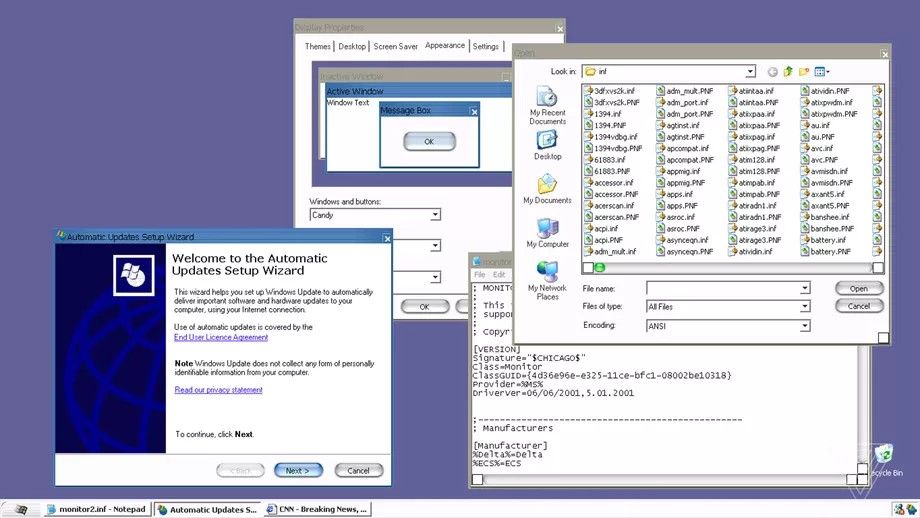Fish Form Social Networks—and They’re Actually Good
Characterizing such subtle dynamics is a departure from how ecologists typically model ecosystems, tending to write off in-the-moment decision-making as inconsequential to long timescales. “Under this convention, we tend to treat wild animals as kind of dumb,” Gil says. “We’re really kind of bucking tradition. And we found that this convention could be way off.”
Using the data they’ve gathered from the reef, Gil and his colleagues have created mathematical simulations—highly accurate video games, really—to show how these seemingly inconsequential interactions in fact have serious consequences for the health of the reef over long timescales. “You can play with that ecosystem like you would a game,” Gil says. “You can impose different human-driven pressures on it, and you can see how it responds. These ecosystem models are incredibly valuable, because they allow us to understand how these gigantic, complex ecosystems grow and change over really long timescales, from decades to centuries, even millennia.”
The results are at once troubling and promising. In their simulations, the researchers found that it’s not just the magnitude of a threat like overfishing that damages a reef ecosystem, but the rate. When people remove fish, they’re removing an invaluable controller of the algae that can get out of hand, blanketing corals and killing them. “But we’re also removing the social influence that those fish had on the other fish in their social network,” Gil says. “And so those fish are then left with less information about when it’s safe to go out and eat and control these algae. And this feedback has these ecosystem-level consequences.”
The researchers’ modeling finds that those consequences include ecological collapse if overfishing happens rapidly. “On the other hand, you could approach that exact same target level, but slower—and in some cases even slightly slower—and you can actually preserve the entire system,” says Gil. “The whole system can be sustained for centuries, in the absence of other drivers like climate change. This whole phenomenon happens again because of simple individual decisionmaking by these fish.”
Simply put, there’s safety in numbers. If you lose those numbers quickly, you lose that safety quickly. “For herbivores, the more individuals there are, the bolder they get, and the more they feed,” says Luiz Rocha, curator of fish at the California Academy of Sciences, who studies reef ecosystems but wasn’t involved in this research. “So if you remove a bunch of individuals—by fishing or anything else—the fish that are left will be more shy and feed less, eventually leading the ecosystem to collapse quicker than if we considered only population numbers.”
This new research, then, could help create more sustainable fisheries, which is good for everyone: If ecosystems are preserved, and so are the species that live there, you don’t obliterate a critical source of protein for many people around the world. “In fisheries, one challenge is that our models make long-term assumptions about fish populations that aren’t well matched with the shorter timescales of management actions, or the many timescales of fish ecology and biology,” says Meredith Moore, director of fish conservation at the Ocean Conservancy, who wasn’t involved in this new work. “This study brings shorter-term fish social behavior into models, which is an encouraging step forward toward better understanding how fish populations and the ecosystem respond to pressures like fishing, and could ultimately improve decisions about how to keep fish populations healthy.”
So Bruce the shark from Finding Nemo had it half right: “Fish are friends, not food.” Fish are by necessity friends with each other—but only to form a social network that protects them from sharks like Bruce. Keep those social networks intact, and we might protect fish from humans as well.
More Great WIRED Stories


